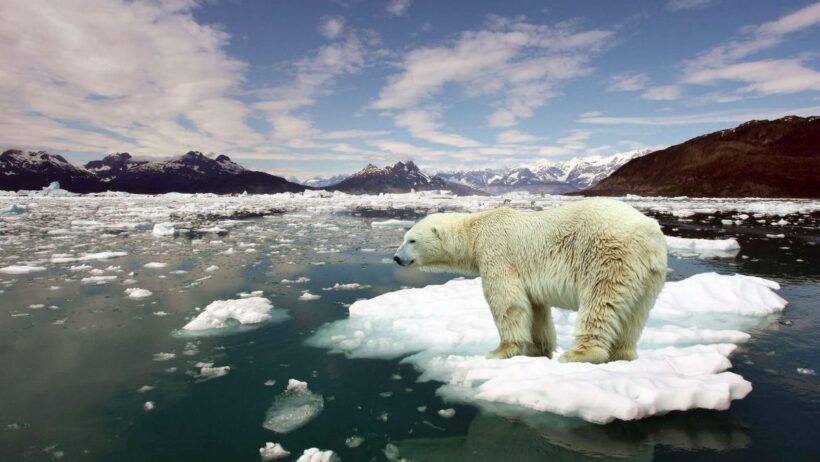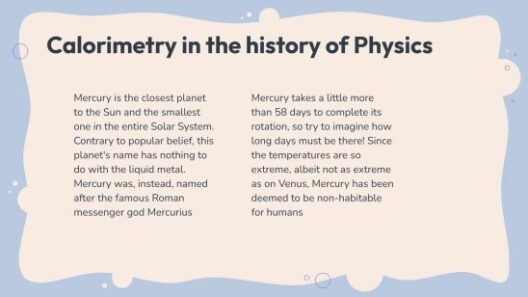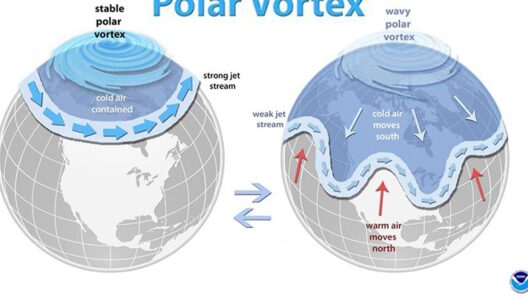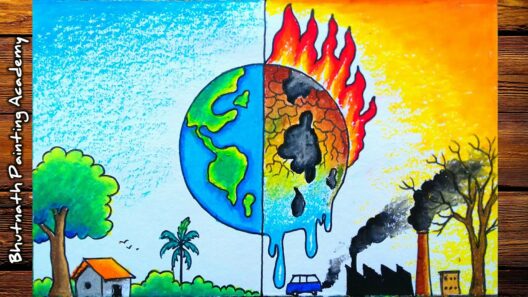Global warming remains a formidable challenge of our era, characterized by an increase in Earth’s average surface temperature due to rising concentrations of greenhouse gases in the atmosphere. This phenomenon, driven primarily by human activities such as fossil fuel combustion, deforestation, and industrial processes, poses a multitude of threats to both ecological integrity and human societies. With climate experts warning of potentially catastrophic consequences, a pressing question looms: Can we stop global warming from getting worse?
To address this concern, it is essential first to understand the existential realities of global warming. The planet’s climate is not a static entity; it is dynamic and highly responsive to varying human interventions. Over the past century, we have witnessed alarming trends: extreme weather events have intensified, sea levels have risen, and ecosystems have begun to destabilize. The imperative for immediate action is undeniable, and a paradigm shift in our approach towards environmental stewardship is crucial.
Transitioning from a reactive to a proactive framework is vital. Governments, corporations, and individuals must all adopt sustainable practices that actively diminish carbon footprints. Renewable energy sources such as solar, wind, and hydroelectric power represent a promising avenue for reducing dependence on fossil fuels. These alternatives not only curtail greenhouse gas emissions but also pave the way for energy independence and economic diversification. The acceleration of technology in these domains holds immense potential; advancements in energy storage, efficiency measures, and green hydrogen production could redefine our energy landscape.
Moreover, redefining policies and regulations is imperative. Historically, environmental policies have lacked the rigor necessary to enforce substantial change. Stricter regulatory frameworks, incentivizing sustainable practices while disincentivizing harmful behaviors, can catalyze significant shifts in industry norms. Governments worldwide should commit to international agreements like the Paris Accord, demonstrating collective resolve to limit temperature rise and emissions on a global scale. These protocols must be backed by enforceable commitments, ensuring accountability at all levels.
While regulatory measures are essential, societal transformation requires a cultural shift towards sustainability. Education and awareness campaigns can nurture a generation that prioritizes environmental responsibility. By fostering a deep-seated understanding of climate change impacts and sustainable practices, communities can empower individuals to make conscientious choices. Grassroots movements, propelled by local advocates, can play a pivotal role in mobilizing public opinion and galvanizing action. The interconnectedness of global issues compels us to act not merely as consumers but as stewards of the planet.
A pertinent element of combating global warming is the restoration of natural ecosystems. Forests, wetlands, and grasslands serve as vital carbon sinks, absorbing significant amounts of CO2. Reforestation and afforestation initiatives, coupled with sustainable land management practices, can effectively mitigate atmospheric carbon and restore ecological balance. Furthermore, protecting biodiversity is essential; thriving ecosystems enhance not only resilience to climate stresses but also contribute to overall planetary health.
However, technology’s role in combating climate change cannot be overstated. Innovative solutions such as carbon capture and storage (CCS) present an opportunity to remove CO2 directly from the atmosphere. While still in the developmental phases, these technologies hold transformative potential if deployed at scale. The research and investment in geoengineering strategies, though controversial, necessitate thorough exploration. The scientific community must rigorously evaluate their implications while balancing technological advancement with ethical considerations.
Moreover, addressing socio-economic disparities is vital in confronting the climate crisis. Vulnerable populations often bear the brunt of climate change impacts, lacking the resources to adapt or recover. A just transition towards a sustainable economy must integrate equity at its core, ensuring that marginalized communities are supported in adapting to the changing climate. Funding initiatives for green jobs, along with targeted aid for the most affected regions, can stimulate economic development while fostering resilience.
As we ponder the question, “Can we stop global warming from getting worse?”, it is essential to recognize that the trajectory of climate change is not fixed. Each breath of fresh, clean air, and every moment of harmonious existence, reinvigorates our resolve. Collectively, we possess the power to alter the course of our climate destiny through concerted action on multiple fronts. The challenges we face are formidable, but innovation, collaboration, and unwavering commitment can propel us toward a more sustainable future.
Indeed, the engagement of all stakeholders—from governments and businesses to individuals—is essential. The cumulative impact of incremental changes, when adopted widely, can yield profound results. It is no longer a question of whether we can stop global warming from worsening, but rather how quickly and effectively we can galvanize the collective will to do so.
In conclusion, the urgency of addressing global warming cannot be overstated. From transforming energy systems to fostering societal resilience and embracing technological innovation, myriad pathways exist toward combating this existential threat. Humanity stands at a crossroads, with the opportunity to choose a sustainable future. By cultivating a culture of responsibility and igniting the curiosity of future generations, it is possible to envision a planet that thrives harmoniously with its inhabitants and the natural world. Moving forward, the promise of a healthier, more sustainable planet is not just a dream—it is within our grasp.








